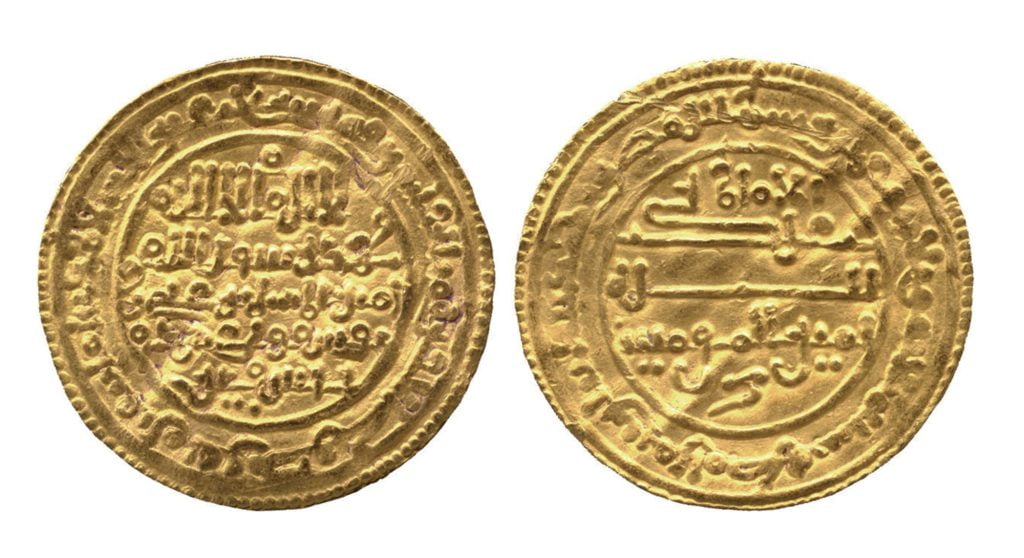For centuries, thousands of caravans traversed the Sahara Desert in search of the fabled gold of the south. Few reached their destination, often succumbing to thirst, heat, or being buried by the desert sands. Despite these perils, hundreds of men and thousands of camels risked their lives each year to reach the “African El Dorado”: the Kingdom of Ghana. The journey was long and hazardous, but the rewards justified the risks.
In the cities of Awdaghust and Koumbi Saleh, located south of the Sahara, Muslim traders exchanged salt, copper, and textiles for gold, slaves, and ivory. This trade reputedly made the Emperor of Ghana the wealthiest man in the world until the 11th century, when the forces of the Almoravid general Abû Bakr conquered the region. Following this conquest, the Almoravids became the first in history to control cities both north and south of the Sahara, thereby dominating the caravan routes. This control became the economic foundation of the Almoravid Empire, enabling them to extend their territory over thousands of kilometers into the affluent lands of al-Andalus.

By controlling the caravan routes, the Almoravids were able to mint gold coins, some of which were produced in the city of Nûl Lamta in the 12th century. This led to the establishment of the Gold Route, which became the foundation of an empire that spanned much of Northwest Africa and laid the groundwork for the subsequent spread of Islam in the region.